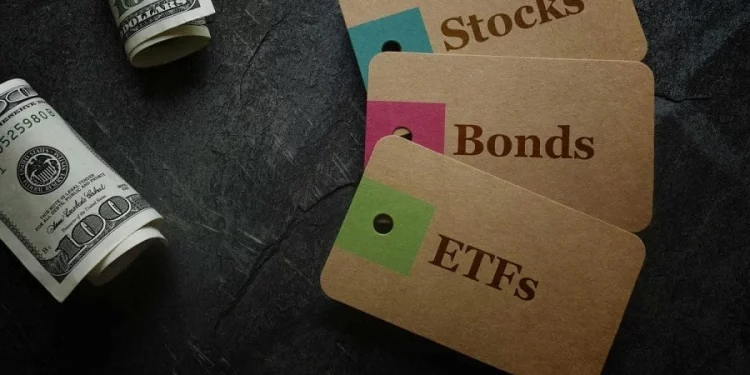Why foreign investors will avoid Nigeria’s stock market in 2023
Analysts at Cordros Securities have projected that Foreign Portfolio Investors’ (FPI’s) low appetite in the country’s capital market is expected to persist in 2023 due to a dearth of market policy reforms.
The analysts stated this in their 2023 outlook report titled Nigeria in 2023, Charting through a Pervasive Slowdown.
Unfriendly policy reforms: They noted that the lack of robust and market-friendly policy reforms such as trade restrictions, lack of flexible FX framework, and insincere monetary policy actions will continue to keep foreign investors on the sidelines.
“Over the short-to-medium term, we do not expect the current liquidity conditions to retrace towards pre-pandemic levels due to still weak inflows from foreign investors (53.8% of total IEW inflows in 2019FY). We think foreign investors will need more convincing actions from the CBN regarding flexibility and clarity in the foreign exchange framework before a resurgence of interest in the market, as witnessed in 2017FY when the IEW was established,” they said.
Their projection on Yields: The analysts acknowledge that yields will remain slightly elevated in 2023 due to a combination of weak market participation, monetary policy stance globally and domestically, a widening fiscal deficit, and a weak macroeconomic environment.
However, they do not expect a significant expansion in yields in 2023 considering the unwillingness on the part of DMO to allow yields to trend significantly upward due to rising debt sustainability concerns.
“Overall, we estimate that the average yields on Treasury bills and bonds will increase in the year and settle at 12.8% and 15.5% by the end of 2023FY,” they said.
They noted that they expect investors positioning for 2022FY results ahead of upbeat corporate earnings and re-investment of dividends to drive bullish sentiments in Q1-23.
Impact of 2023 elections: In the latter part of the year, the analysts believed that market sentiments will be shaped by a combination of the outcome of the 2023 elections, market-friendly policy or reforms, the direction of monetary policy, and the impact on fixed income yields, sector-specific events, and the weak macroeconomic environment.
“Investors’ perception of the nation’s general political cum economic outlook is a significant factor to consider, given the forthcoming general elections. This is because sentiments tend to turn bullish when investors have a positive outlook on the economy while assessing the monetary and fiscal plans and policies set out by a candidate with a likelihood of emerging triumphant at the polls.
“However, a negative perception of the economic outlook will likely drive portfolio rebalancing to safe-haven assets. Notwithstanding, we expect a muted impact from any tensions arising from the electioneering process, given that foreign investors’ participation in the market is limited relative to previous election years.
“We note that the economic and political stability after the general elections could attract more capital inflows into the equities market. In other words, only non-violent or peaceful polls could restore investors’ confidence in the equities market, spur a bullish outcome and bolster the expected recovery post-election.
“Elsewhere, foreign investors will likely remain on the sidelines as the FX liquidity challenge is expected to persist (due to weak crude oil output and limited access to international debt markets,” they said.








